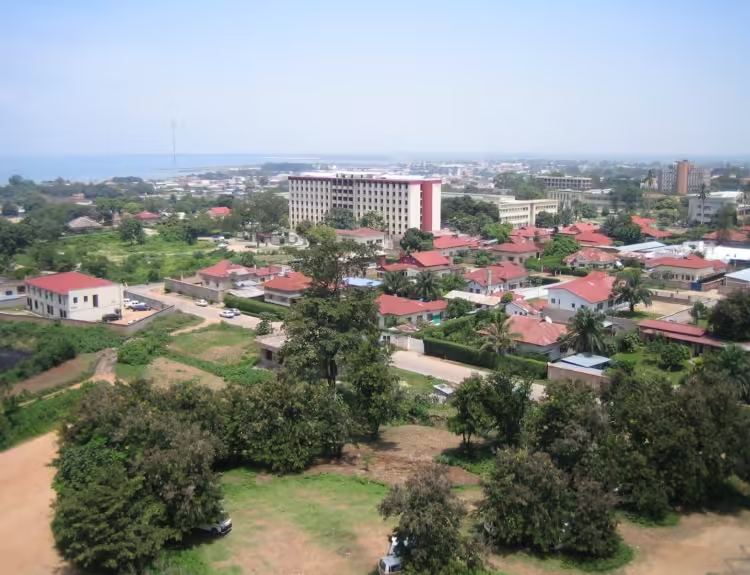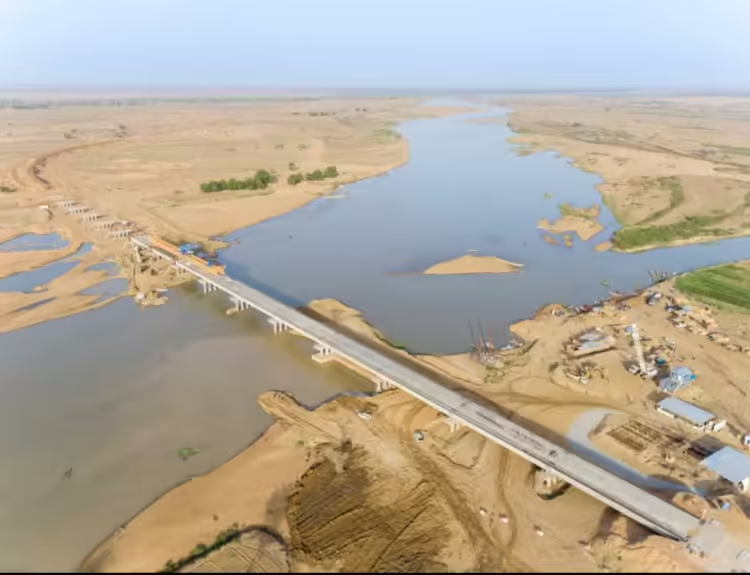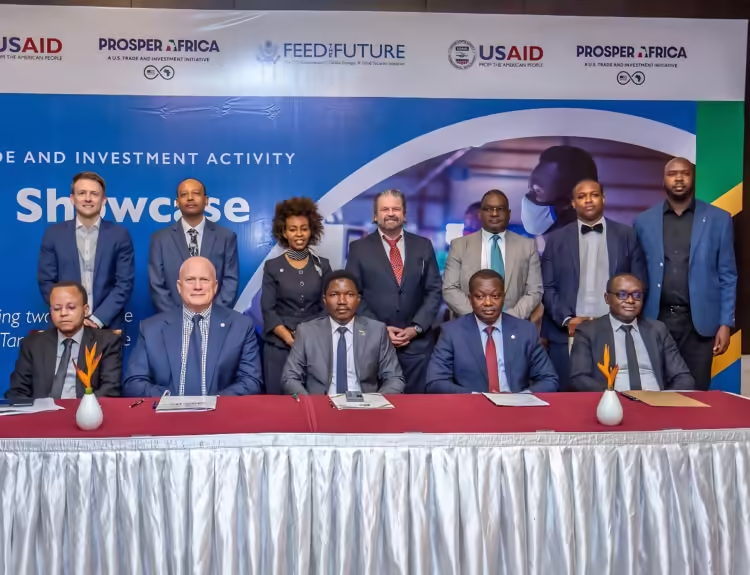Africa’s diaspora remains a critical lifeline for millions, with an estimated $48 billion sent annually from diaspora communities across the globe, according to the World Bank’s latest Migration and Development Report. Nigeria, Ghana, and Kenya are among the top recipients on the continent, reflecting the large diaspora populations hailing from these countries.
Remittances, which have become a primary source of foreign income for many developing African nations, represent a crucial aspect of financial support for millions of families and fuel a broad range of local investments. However, the costs and challenges associated with sending funds home remain complex, and trends in global economic and geopolitical shifts are beginning to impact this flow.
High transaction costs
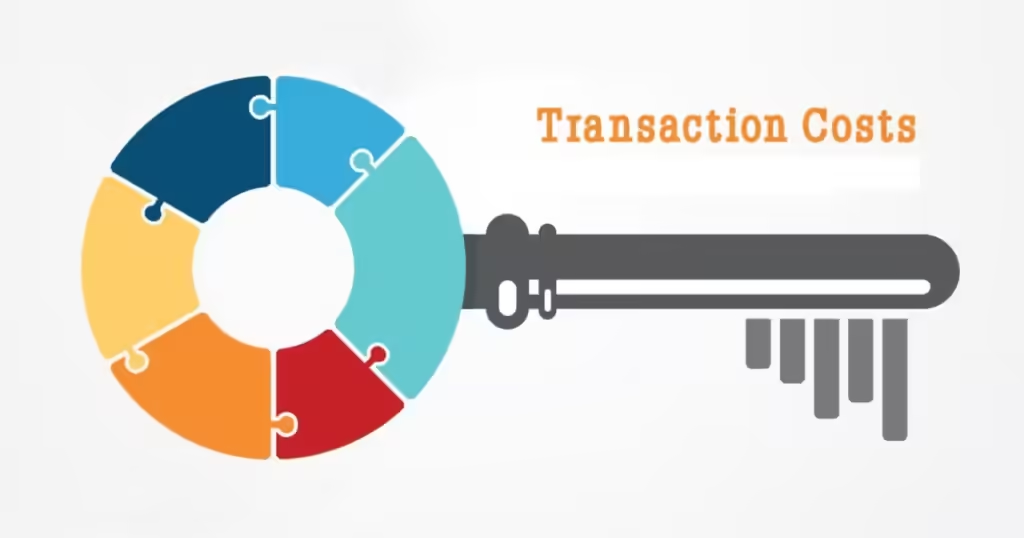
A significant portion of remittances is sent through informal channels, primarily to avoid the high transaction fees associated with formal transfers. Remittance fees typically include charges from the sending financial institution and currency conversion fees to deliver local currency to the recipient.
In some cases, recipients also incur costs to access their funds, adding further financial pressure to a process that many families rely on for daily living expenses, medical costs, and education fees. These costs often make informal means of transfer a preferable alternative, despite the risks involved. Formal remittances, however, have the benefit of contributing to national economies through taxed transactions and regulated financial flows, which is an advantage that many African governments are keen to leverage.
Banks developing tailored services
African banks and financial institutions have identified the need to provide targeted services to the diaspora, addressing a trust gap between migrants and intermediaries who have historically facilitated real estate and other investments back home.
Banks like Absa Bank in Kenya have created specialized services for the diaspora to finance land purchases, construction, and other real estate investments while abroad. This approach mitigates the risks of financial mismanagement by intermediaries—whether friends or family—and has led to the development of affordable and high-quality housing in areas like Roysambu, Nairobi, where investments are transforming neighborhoods with apartment blocks and well-planned housing projects.
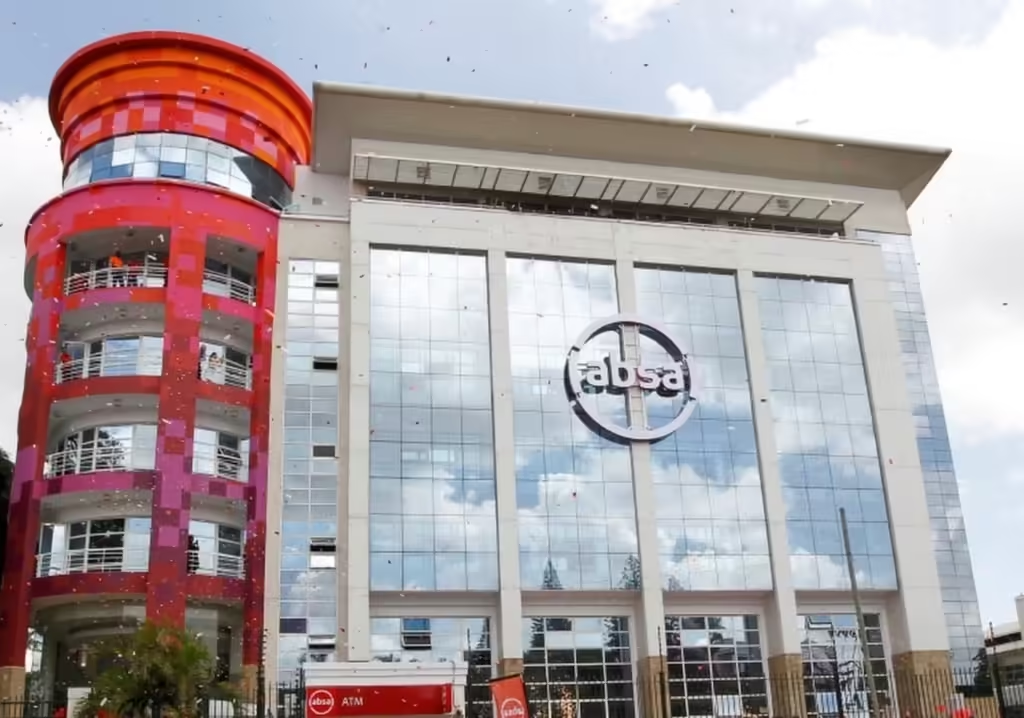
However, while these initiatives support economic growth and offer secure investment avenues, managing such investments from afar poses challenges. Africa’s diaspora often struggle to monitor their businesses and investments closely, a drawback that has seen some ventures fail. Others succeed with the involvement of skilled managers on the ground, underscoring the need for more structured investment support for the diaspora community.
Remittances fuel local needs
For many migrants, sending money home is more than an economic contribution; it is a social obligation. In interviews conducted with Africa’s diaspora, many cited family expectations as a primary motivator for sending gifts and funds home. Families often anticipate support, and recipients in Africa may feel disappointed if remittances or goods from abroad are not forthcoming.
This expectation can sometimes lead to a strain on migrants, who feel obligated to provide regular support despite increasing financial pressures. These remittances can come in many forms: cash sent through money transfer services, or physical gifts that friends and family bring back to circumvent high transaction fees. Yet the government’s taxation on imported goods can make such gestures costly, and many argue for leniency to avoid discouraging remittances through formal channels.
A prevalent perception in some communities is that goods and money from abroad are superior, contributing to a complicated social dynamic where diaspora members are often expected to maintain a certain standard of support. This belief underscores a need to address cultural assumptions and dispel myths around local production quality and capabilities. With better information, the narrative around “superior” imports may gradually shift to a more balanced perspective that appreciates locally made products as equal alternatives.
Strains on remittances
The World Bank projects a 3% decrease in remittances to Africa in 2024, attributed to rising living costs in Western economies and the ongoing effects of geopolitical crises. Conflicts like the Russia-Ukraine war, as well as tensions in Israel and Palestine, are impacting global trade, logistics, and economic stability, affecting both the ability and the willingness of diaspora communities to send money home.
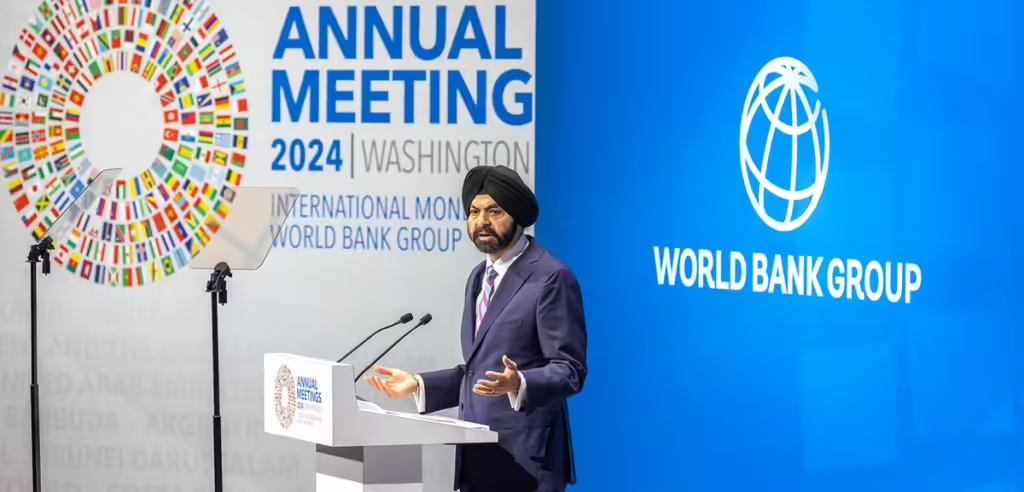
The economic fallout from these conflicts has disrupted shipping routes, particularly by sea, further complicating the process of sending physical goods. Additionally, the risks associated with travel to certain regions have made air transport the only option for many, which is significantly more expensive than sea routes.
Countries like Israel, Ukraine, Lebanon, and Russia have seen restrictions on movement due to security concerns, curbing potential remittance flows from those regions. African governments, which have come to rely on diaspora income as a crucial part of their financial inflows, may need to prepare for these potential declines and adjust their fiscal planning accordingly.
The future
As Africa continues to be a major destination for diaspora remittances, financial institutions and governments alike must adapt to shifting trends. Facilitating easier, cost-effective remittance options and offering structured investment channels are essential to encouraging continued diaspora support.
The contributions of Africa’s diaspora extend beyond simple transfers; they serve as critical enablers for local development and entrepreneurship, particularly in sectors like real estate and small business, which benefit from their consistent financial flows.
The remittance economy has been a powerful tool for progress, providing millions of households with essential funds. The inflows are a double-edged sword, bringing both opportunity and challenge.
Ensuring that remittances can be sent affordably and securely, while promoting better financial literacy among diaspora investors, will be critical to sustaining the economic benefits of these funds. For the foreseeable future, Africa’s diaspora remains a pillar of economic support—one that will continue to shape the continent’s development in vital ways.
ALSO READ: Saving for your African dream home: Practical tips




